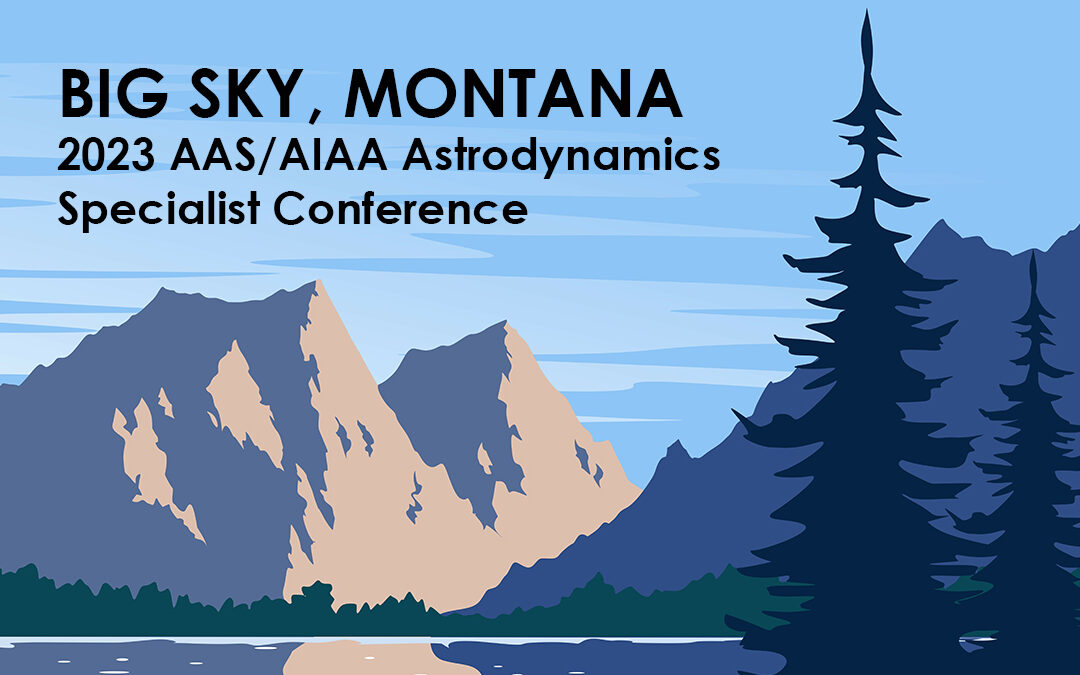
Sep 12, 2023 | Papers & Presentations
As the seasons begin changing we look back on our summer highlights including one of our favorite conferences to share all our great work. If you didn’t have a chance to attend our talks in person at the Summer 2023 AAS/AIAA Astrodynamics Specialist Conference, we’ve uploaded all our papers below! (more…)
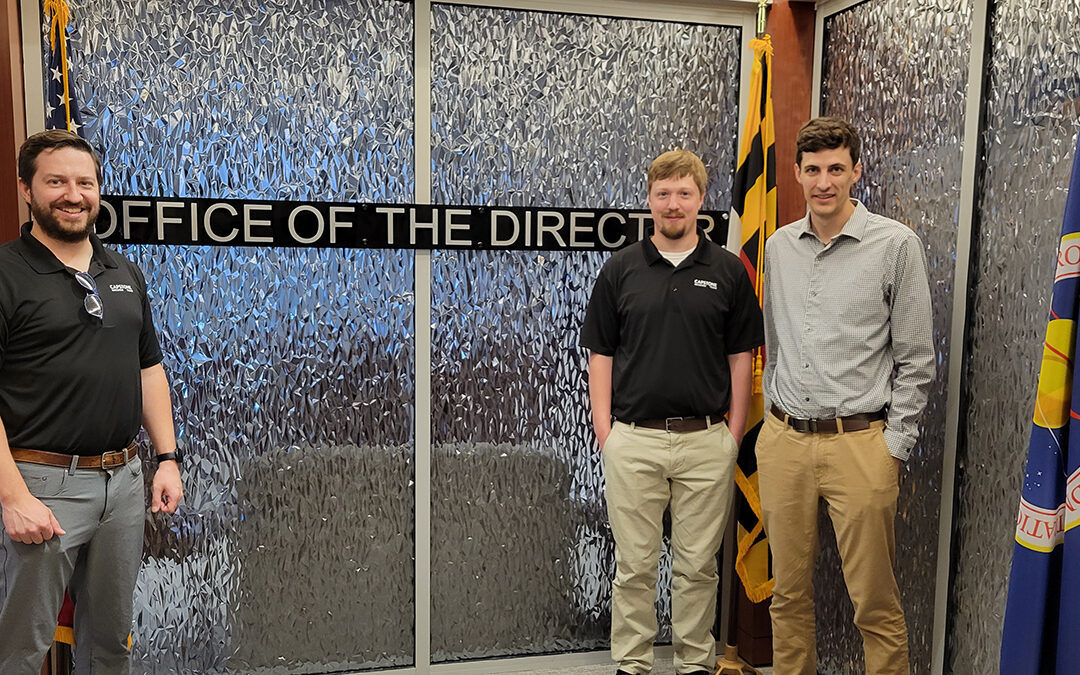
Jun 20, 2023 | CAPSTONE Mission
Advanced Space CEO Bradley Cheetham and two team members of the Cislunar Autonomous Positioning System Technology Operations and Navigation Experiment (CAPSTONE™) team, Alec Forsman, Mission Operations Lead and Ethan Kayser, Mission Design Lead, returned to the place where it all began—NASA Goddard Space Flight Center—to share lessons learned from the successful ongoing mission. (more…)
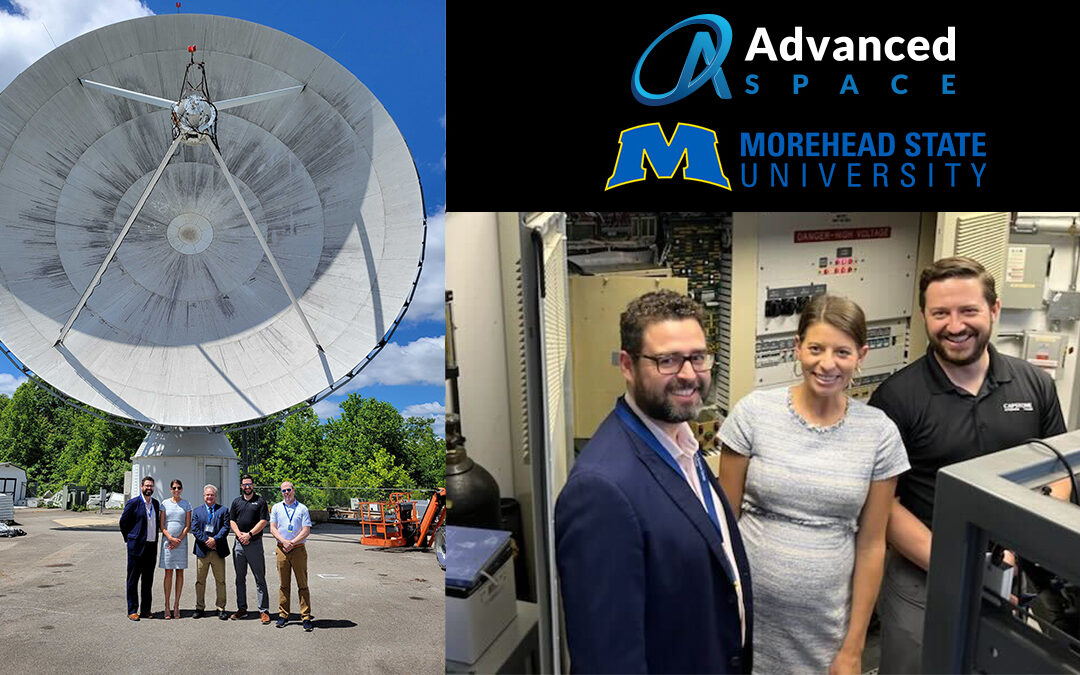
Jun 1, 2023 | CAPSTONE Mission, Community, Space Policy
Advanced Space’s CEO Bradley Cheetham paid a visit to Morehead State University (MSU) in Kentucky today. Cheetham toured the Space Science Center, along with staff members for Senate Minority Leader Mitch McConnell and Congressman Hal Rogers. While there, the group discussed the successful Cislunar Autonomous Positioning System Technology Operations and Navigation Experiment (CAPSTONE™) mission, along with potential future collaborations with MSU. (more…)
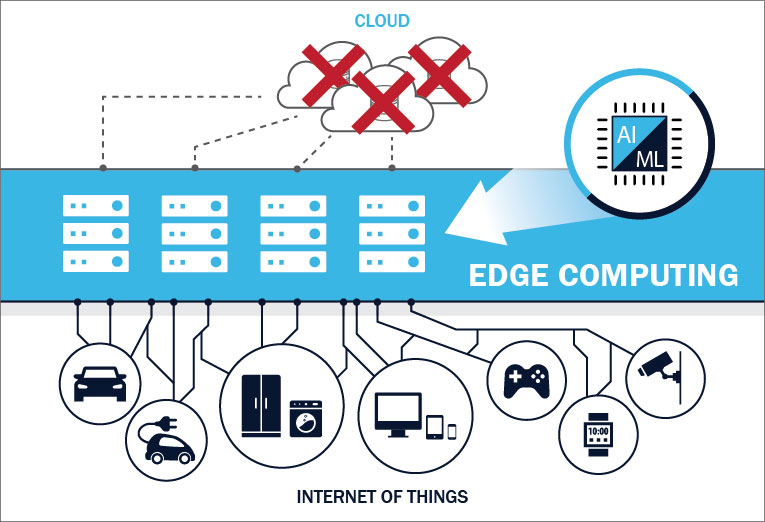
Dec 27, 2022 | Machine Learning & AI, National Security
It is a privilege to work with the Intelligence Advanced Research Projects Activity (IARPA), Office of the Director of National Intelligence (ODNI). IARPA’s desire to solve hard problems aligns with Advanced Space’s values to use our technical excellence and inexhaustible curiosity to do the same. (more…)
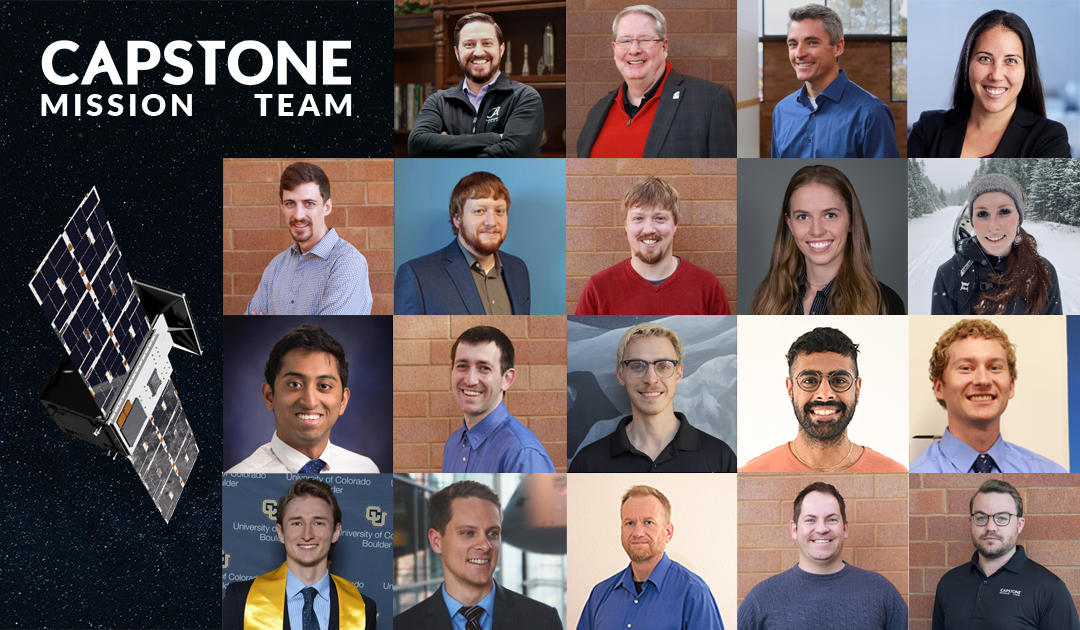
Nov 13, 2022 | CAPSTONE Mission, Community, Team
The CAPSTONE Countdown is nearly over! We are mere hours from arriving at the Moon, and there would be no mission without the incredible work of the Advanced Space CAPSTONE Mission Operations Team. From orbit determination and navigation to all the details behind the scenes, thank you to this talented team of engineers, technicians, and more: (more…)




